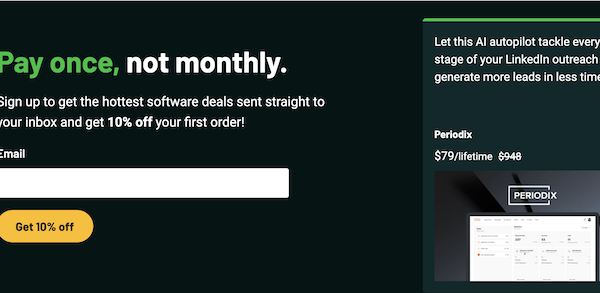There are now big opportunities to make money from your ideas. Well…
Assuming those ideas solve big problems, that is. (e.g. Ted Nicholas’ million-dollar idea for solving a big legal problem).
Developing ideas, and solving big problems…
That’s what we knowledge workers need to figure out how to do.
And, as we work on figuring this out, it‘s helpful to look at how different kinds of people used ideas to generate great profit.
Like Henry Ford, for example.
Welcome to History Class
In 1907, When Ford announced his intent to create “a motor car for the great multitude” people dismissed him as a kook.
Back then, cars were expensive, custom-made machines.
No one could conceive of making them other than by hand.
Well, no one except Henry Ford.
We all know the story now, right? He figured out how to use an assembly line to make cars faster —and at a much lower cost.
Which resulted in more people being able to afford the cars, which in turn yielded Ford much greater profit.
The assembly line was obviously a big new idea. So…
How did Ford come up with the idea for the assembly line? Well, that’s an interesting story for another time.
For now, the key thing to focus on is this…
Coming up with the idea of the assembly line was the first challenging step.
Believing in the idea (enough to push through in figuring out how to make it work) was also challenging.
In fact, being able to sustain his belief in the assembly line idea was probably the most challenging thing.
No one cheered Ford on.
Because no one else could even wrap their head around the assembly line idea.
Pretty much everyone dismissed the idea. And his workers weren’t too enthusiastic about it either.
So…
This is what you should expect when developing new ideas to solve big problems.
More History Lessons
One recurring pattern (that we keep seeing throughout human history) is this…
Whenever someone thinks up a radically better idea they’re inevitably met with suspicion, disdain or outright condemnation.
(Paging Galileo, pick up the red phone).
Look, people never like change. Even change that leads to massive improvement.
The lesson for lawyers?
If you want to optimize your business for maximum happiness and financial security, you need to:
- Come up with big ideas that solve big problems (for yourself and for your clients), and
- Believe in yourself as you work to implement your ideas. And as you do…
- Be prepared for a lot of unpleasant pushback and naysaying
Other lawyers will not cheer you on.
Your colleagues and staff will probably resist.
That’s the harsh truth you‘ll have to face.
Bottom Line
You not only have to come up with powerful new ideas; you also have to convince others to accept them.
Yes, there’s a lot of thinking and problem solving that we “knowledge workers“ have to do.
But…
If we can figure out how to leverage our powerful ideas, we’ll be rewarded in a big way that makes it all worthwhile.
Oh, and one more thing…
Henry Ford realized that our own minds are often the main barrier to solving big problems.
Many people would rather assume that bold change isn’t possible rather than go through the hard work of making it happen.
Or, as Ford put it,
“Whether you think you can, or you think you can’t, you’re right.”
General Resources
- Check out my Inner Circle (to participate in ongoing discussions about tech tools I discuss and recommend)
- Check out this Law-Tech Assessment if you want specific recommendations for improving based on the technology you’re using in your practice
- Click for a list of the Best Tech Tools for Lawyers
- Subscribe to: The 80/20 Principle newsletter (it’s free)
Use technology to radically improve your law practice by focusing on the few core elements that have the biggest impact.







One Comment